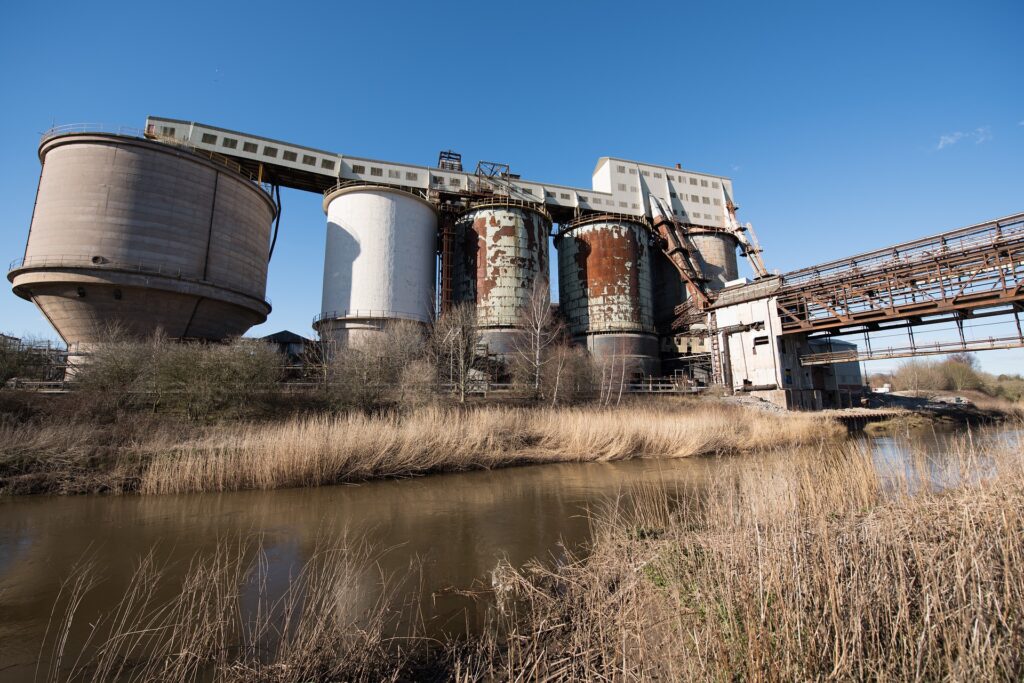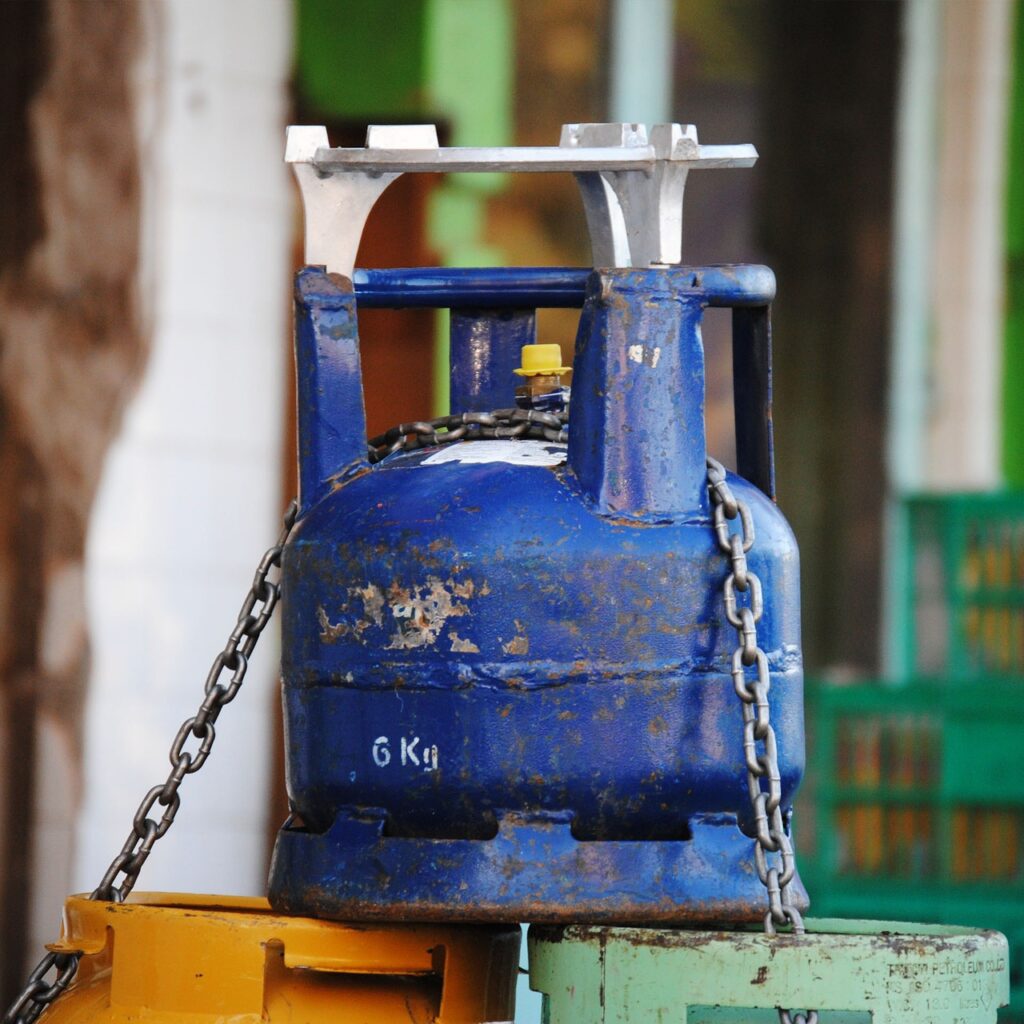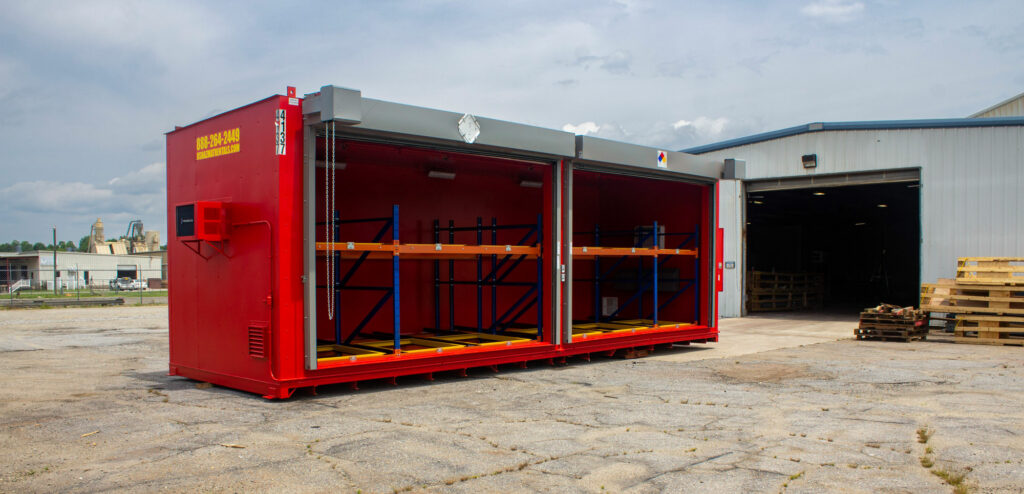Life is full of sticky situations. Some spills and accidents are bigger than others. Other messes need more than a few paper towels to sop up the consequences of poor decisions. From an early age, we’re told that accidents are just a fact of life and to never sweat the small stuff. But there comes a time in life when we all have to take responsibility for those actions. While malicious intent is never desired, our mistakes can do irreparable harm to those we share the same space with. Hazardous materials incidents and chemical spills are a prime example.
We live in the age of industry. Almost all commodities undergo production in a factory setting. Even if the most health oriented or organic geared products rely on potentially dangerous chemicals to get the job done (think of sanitation and cleaning products). It’s also hard to get the job done when the rules of the production game keep changing. With every passing year, federal regulators set the goal posts a little further down the field in meeting basic regulations. U.S. Hazmat Rentals is prepared to give you insight on understanding changing chemical storage and transport laws.
Invest in Chemical Storage Before Racking Up Fees and Civil Penalties

The pandemic did nothing to slow down federal fines for companies that refused to follow chemical storage laws. If anything, it gave bored federal inspectors plenty of time to catch up with those who skirted the law for far too long. Last November, the EPA reported visiting numerous chemical warehouses and distribution facilities to determine if these companies were following the Clean Air Act and the Emergency Planning and Community Right to Know Act. Following these routine investigations, the EPA found that several of these facilities are not adopting safety precautions, or performing routine maintenance and monitoring. The agency also found lapses in employee training and preparing risk management plans for proper chemical storage. Needless to say, the EPA handed down penalties against several of these chemical warehouses and production facilities.
Who Has to Follow Federal Regulations?

Many companies remain in the dark about complying with environmental regulations and chemical storage. In fact, hundreds of such companies think they’re not even required to follow chemical storage laws. Basically, understanding changing chemical storage and transports laws is really simple. If your facility manufactures, uses or even stores chemicals, you are required to follow federal laws under the Clean Air Act. The EPCRA goes one step further in saying that chemical warehouses and distribution facilities must report on the “storage, use and releases of hazardous substances to federal, state, and local governments.” And here is where the law gets a little confusing and muddled. In some instances, more than one law applies. Some chemicals, such as ammonium nitrate, a common ingredient of fertilizers, fall under the purview of multiple laws and regulatory bodies. So, what do you do? Which law should you follow?

In times of doubt, it’s always best to ask the experts. Building advisors at U.S. Hazmat Rentals have decades of trusted industry experience and know-how to guide you to the correct chemical storage solution. There are volumes upon volumes of laws regulations concerning chemical storage. We are well versed in statutes and laws in regards to storage of all classification. All you have to do is tell the type and quantity of each chemical and we will provide a list of federally accepted storage applications to fit your budget. We can discern if renting or buying is the best option for you and provide a steel rated storage locker that meets the unique demands of your jobsite. Understanding Changing Chemical Storage and Transport Laws can save you thousands of dollars in civil fines and penalties.







